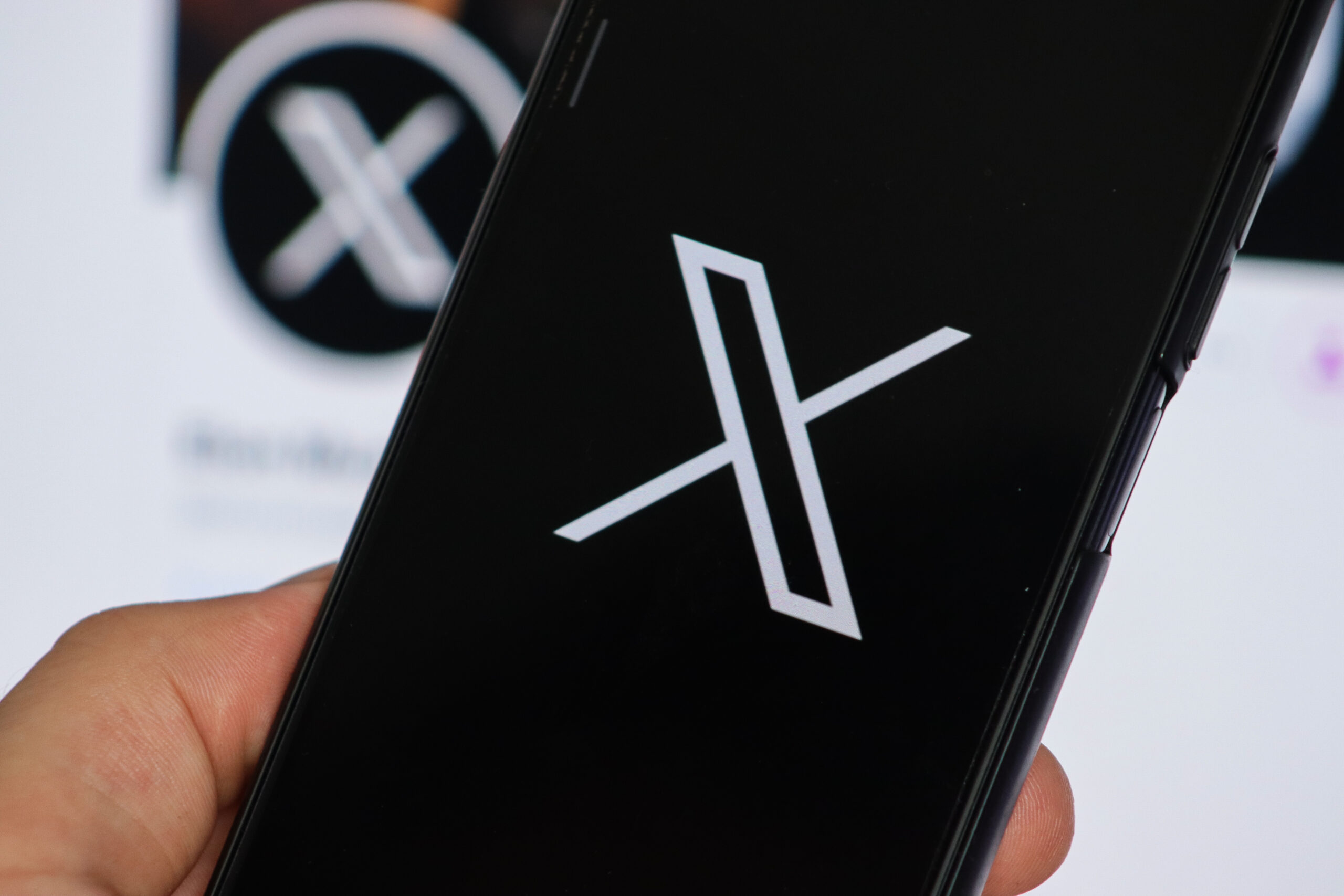A seismic shift has occurred in one of the world’s largest social media markets. X, the platform formerly known as Twitter, has made the unprecedented decision to shutter its operations in Brazil. This is in response to mounting regulatory pressures and legal challenges that have plagued the company’s presence in the country. The closure represents a significant retreat from a key market. At the same. time it signals potential implications for X’s global strategy. Consider the ramifications of this development. Understand that it’s crucial to understand the complex interplay of factors that led to this dramatic outcome.
X Announces Closure of Operations in Brazil
In a surprising move, X (formerly Twitter) has declared it will cease operations in Brazil. Which also happens to be one of the world’s largest social media markets. This decision comes amid escalating tensions between the platform and Brazilian authorities over content moderation and regulatory compliance issues.
Regulatory Pressures and Legal Challenges
- X has faced mounting pressure from Brazilian regulators to adhere to strict content moderation policies. The platform has repeatedly clashed with authorities over the removal of posts deemed harmful or misleading, particularly during election periods. These conflicts have resulted in numerous legal challenges, fines, and threats of service suspension.
Impact on Users and Market Share

- The closure will significantly impact millions of Brazilian users who rely on X for news, social interaction, and business promotion. Competitors like Facebook and Instagram are likely to see an influx of users migrating from X, potentially reshaping the social media landscape in Brazil.
Global Implications
- This retreat from Brazil raises questions about X’s future strategy in other regions with stringent regulatory environments. It may signal a shift in the company’s approach to international markets, potentially leading to similar actions in countries where regulatory compliance proves challenging or costly.
Background on X’s Regulatory Battles in Brazil
Escalating Tensions with Brazilian Authorities
- X’s decision to shut down operations in Brazil comes after years of mounting pressure from the country’s regulatory bodies. Since 2018, the platform has faced increasing scrutiny over its content moderation practices and compliance with local laws. Brazilian authorities, particularly the Superior Electoral Court, have repeatedly accused X of failing to adequately address the spread of misinformation and hate speech on its platform.
Key Flashpoints in the Conflict
- Several high-profile incidents have exacerbated tensions between X and Brazilian regulators. In 2022, during Brazil’s contentious presidential election, X faced criticism for its handling of political content and alleged bias. The platform’s refusal to remove certain posts deemed false or harmful by Brazilian courts led to fines and threats of suspension.
- Additionally, X’s stance on user privacy and data protection has clashed with Brazil’s stringent digital rights laws. The company’s resistance to sharing user data in criminal investigations further strained its relationship with Brazilian law enforcement agencies.
Impact on Free Speech and Digital Rights
- The ongoing battle between X and Brazilian authorities has sparked a broader debate about the balance between free speech and content regulation in the digital age. Advocates for digital rights have expressed concerns that overly aggressive content moderation could lead to censorship, while others argue that platforms like X must be held accountable for the spread of harmful content.
Impact on X And Its Presence in Latin America
X’s decision to shut down operations in Brazil sends ripples throughout Latin America, significantly altering the platform’s footprint in the region. This move not only affects X’s user base in Brazil, which ranks among the top 5 globally but also raises questions about the company’s future in neighboring countries.
X Shifting Dynamics in Social Media Landscape
- The departure from Brazil creates a void in the social media ecosystem, potentially benefiting local platforms and international competitors. As X retreats, other social networks may seize the opportunity to expand their market share, reshaping user engagement patterns across Latin America.
Economic Implications Due to X
- X’s exit impacts not just users, but also businesses and advertisers who rely on the platform for marketing and customer engagement. The loss of this digital marketing channel may force companies to recalibrate their strategies, potentially leading to shifts in ad spending and influencer partnerships throughout the region.
Regulatory Ripple Effects
- Brazil’s regulatory stance that prompted X’s withdrawal could inspire similar approaches in other Latin American countries. This situation may trigger a domino effect, compelling social media platforms to reassess their operations and compliance strategies across the continent. The outcome could reshape the digital landscape, influencing how global tech companies navigate Latin America’s diverse regulatory environments.
Broader Implications for Global Tech Companies After the Exit of X
Regulatory Challenges in Emerging Markets
- X’s decision to exit Brazil highlights the growing challenges tech companies face in navigating complex regulatory environments worldwide. As governments increasingly assert control over digital spaces, platforms must balance local compliance with their global operational models. This situation underscores the need for tech giants to develop more nuanced, region-specific strategies to maintain their global presence.
Potential Ripple Effects
- The closure of X’s operations in Brazil may set a precedent for other tech companies facing similar pressures. It could prompt a reevaluation of expansion strategies in markets with stringent content moderation laws. Additionally, this move might embolden other governments to tighten their grip on social media platforms, potentially leading to a more fragmented global digital landscape.
Balancing Free Speech and Local Regulations
- X’s exit from Brazil brings the ongoing debate about free speech and content moderation into sharp focus. Tech companies must now grapple with the challenge of upholding their commitment to free expression while complying with local laws. This delicate balancing act will likely shape the future of global social media platforms and their relationships with governments worldwide.
What This Means for the Future Strategy of X
Shifting Global Priorities
- X’s decision to exit the Brazilian market signals a significant shift in the company’s global strategy. This move suggests that X is prioritizing operational efficiency and regulatory compliance over market presence in challenging jurisdictions. By withdrawing from Brazil, X demonstrates a willingness to make tough decisions in the face of mounting legal pressures and content moderation demands.
Potential Ripple Effects
- The closure of operations in Brazil may have far-reaching consequences for X’s approach to other markets with stringent regulatory environments. This precedent could lead to a reevaluation of X’s presence in countries where similar challenges arise. Investors and stakeholders will be closely watching how this decision impacts X’s user base, revenue streams, and overall global footprint.
X to Focus on Innovation and Core Markets
- X’s retreat from Brazil may allow the company to redirect resources toward innovation and strengthen its position in more favorable markets. This strategic pivot could involve developing new features, enhancing user experience, or exploring emerging technologies to maintain competitiveness in the social media landscape. By concentrating efforts on regions with less regulatory friction, X may be able to foster growth and user engagement more effectively.
Summing It Up
As you consider the implications of X’s departure from Brazil, it’s crucial to recognize the broader impact on global social media landscapes. This development underscores the growing tension between tech giants and national regulators, highlighting the challenges platforms face in balancing free speech with local legal requirements. While X’s exit may create opportunities for local alternatives, it also raises concerns about digital fragmentation and reduced global connectivity. As similar scenarios potentially unfold in other countries, you should closely monitor how social media companies navigate these complex regulatory environments, as their decisions will shape the future of online communication and information sharing worldwide.
More Stories
Bluesky Reinvents the Blue Check: A Decentralized Take on Digital Trust
In an era where digital trust is critical yet fragile, Bluesky offers a bold new approach to online verification. Bluesky...
Confluent Unifies Real-Time and Historical Data to Power Next-Gen AI and Analytics
Confluent has made major progress by upgrading its Confluent Cloud platform. These enhancements aim to unify data streams for advanced AI applications.
GCT Semiconductor and Giesecke+Devrient partner to launch eSIM solution for IoT devices
GCT contributes advanced semiconductor technology. Meanwhile, G+D brings strong expertise in embedded SIM (eSIM) and remote SIM provisioning.
Reddit Unleashes Dynamic Product Ads to Capture Shoppers at the Moment of Decision
Reddit has unveiled its latest innovation: Dynamic Product Ads (DPAs). This cutting-edge tool, now available in public beta, empowers advertisers to seamlessly capture the attention of potential buyers at the critical point of decision-making.
ChatGPT Deep Research Now Integrates with Dropbox and Box for Enhanced Data Access
ChatGPT Deep Research integration with Dropbox and Box enhances data access for users enabling them to link cloud storage accounts directly to Deep Research.
Mistral AI’s Le Chat Enterprise and OCR 25.05: Redefining Enterprise AI on Google Cloud
In the rapidly evolving landscape of enterprise technology, Mistral AI's collaboration with Google Cloud marks a transformative leap forward. By...


